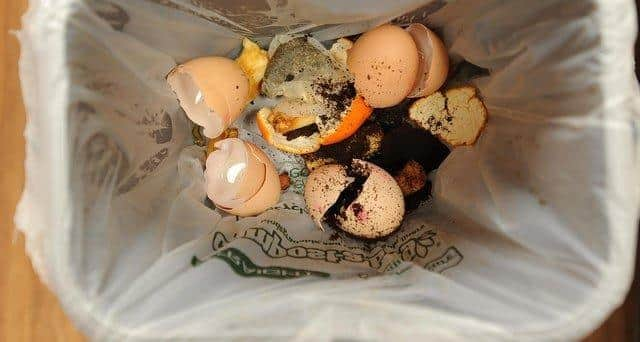What would rollout of food waste collections cost taxpayers?


Back in November of last year The Herald carried a report informing us that, two months after speculating it could have a surplus of £13million in 2020/21, West Sussex County Council (WSCC) announced it was actually £2.2million short of balancing its budget.
However, instead of looking to wipe out this shortfall, WSCC has come up with a scheme that will make a couple of million pounds look like petty cash.
Advertisement
Hide AdAdvertisement
Hide AdAccording to The Herald the first dedicated food waste collection service in West Sussex is set to be trialled this year and, if successful, could be rolled out to other parts of the county. Has anyone at County Hall actually costed this out? Officially issued figures indicate that the population of our county is 859,000, and the size of the average family is 2.34. So, by dividing the first number by the second, we discover that there are 367,000 households, each of which will be given two new bins; a small kitchen caddy for daily use and a larger one for the accumulated weekly waste.
From what I can make out, £5 is the average cost for the small one and £15 for the bigger one, making a total of £20 per household. Multiply that by the number of households and you come up with the mind-blowing figure of £7,340,000! Even if WSCC got a 50 per cent quantity discount on the price of the bins its budget shortfall would still rise to £5,870,000.
It might save a bob or two through its other new scheme of only collecting general household waste bins every three weeks, instead of once a fortnight, but nothing like enough to pay for the new bins. Is WSCC expecting us to buy our own bins?
Comment Guidelines
National World encourages reader discussion on our stories. User feedback, insights and back-and-forth exchanges add a rich layer of context to reporting. Please review our Community Guidelines before commenting.